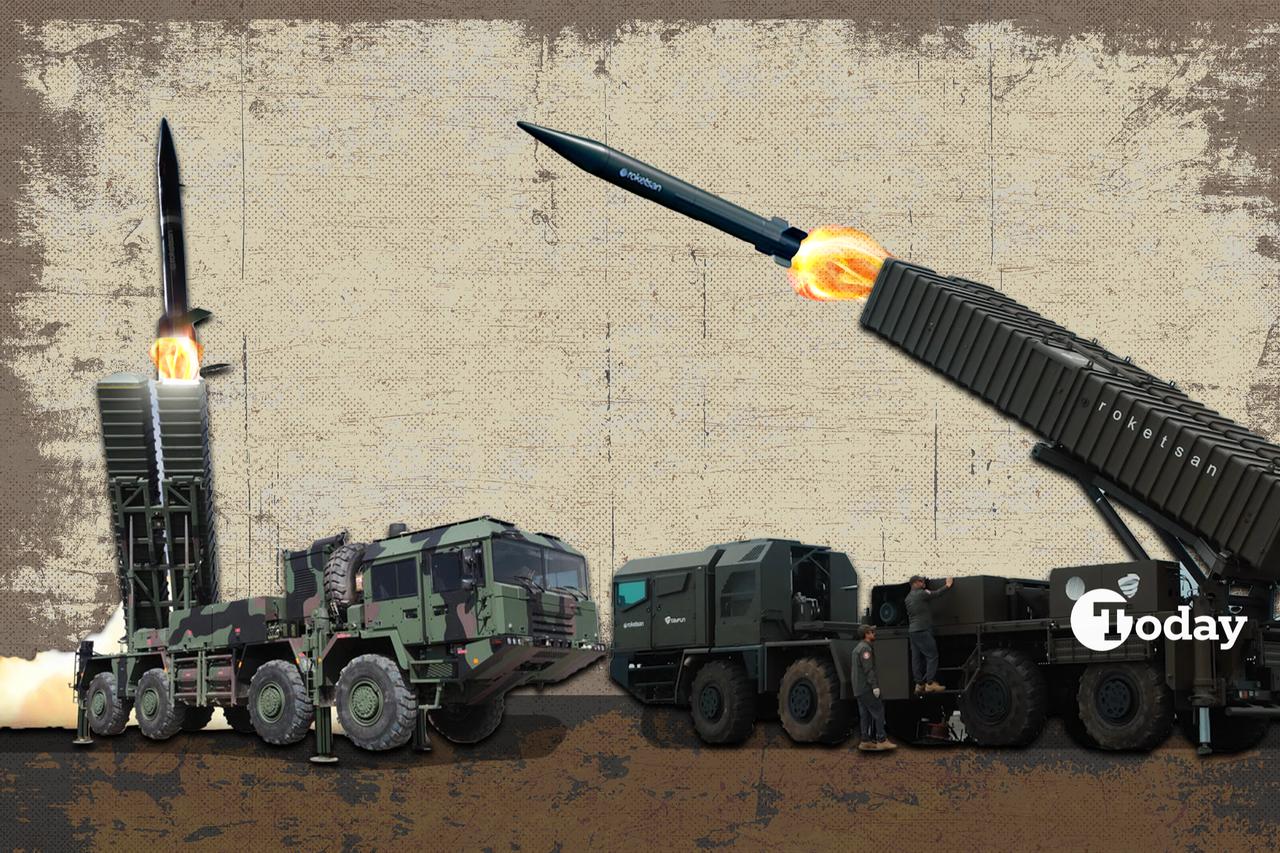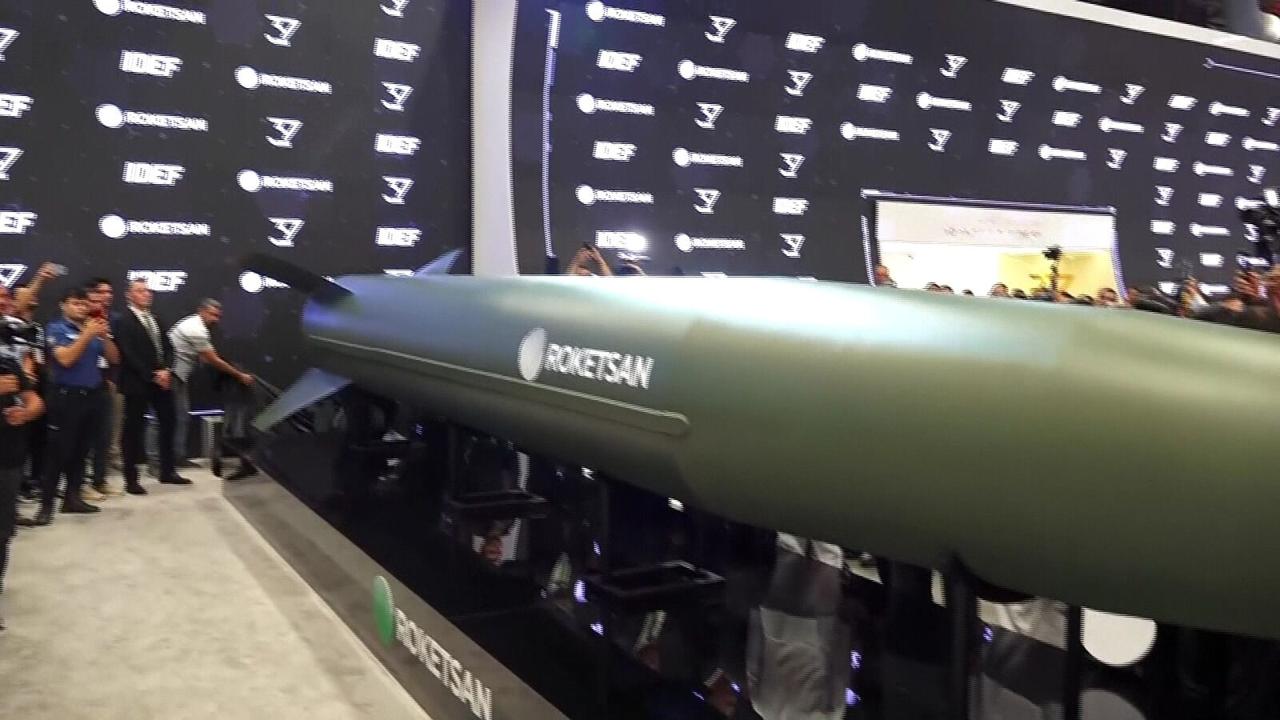
Shortly after the 12-day war between Israel and Iran in June, marked by Israel's air force dominance and Iran's superior missile technology, many Turkish citizens were left wondering if Türkiye would take the necessary steps to prioritize such military focus points.
Turkish political leadership did not rush to show military might in panic. Instead, a few under-the-radar statements were made, assuring the public of Türkiye's military strength amid intense public curiosity. In such a context, this week's IDEF 2025 fair represents a milestone and a clear but calculated response to the vast public interest in Türkiye's military technology, being the first major defense event after the short-lived war between the two Middle Eastern nations.
Türkiye’s first hypersonic missile, Tayfun Block 4, was presented publicly for the first time at IDEF 2025. Shortly before the event, it was announced that Türkiye's Steel Dome—an upgraded, multilayered version of Israel's Iron Dome—was activated to protect the Turkish homeland.
Türkiye’s declaration of increasing military might with local production came a month after the Israel-Iran war, without fanfare as it should. According to Tayfun Block 4’s specifications, its high-speed and advanced maneuverability would pose a serious challenge to present air defense systems in the region, some of which were compromised by missile attacks in recent weeks.
Apart from the military strength and growing local defense production in recent years, IDEF 2025 also highlights a fact: Türkiye's emerging military-industrial complex has begun to exert more political influence in the country. Investments in the defense sector and technology advancements are important factors influencing the Turkish public's voting behaviour.

Local products now account for 80% of Türkiye's defense output, and an emerging defense industry is growing in the country year by year. Many Turks across the political spectrum link the boost in the defense sector to President Erdogan’s principled leadership, even as some oppose him due to his economic and social policies, and accuse him of instigating a political case against former Istanbul Mayor Ekrem Imamoglu, who was arrested over corruption charges.
Turkish military production is highly diverse, including local air defense systems, missile technology, fighter jets, and high-tech military vessels. Havelsan and Aselsan, two large defense firms, are operated by endowments established by the Turkish Army. Batu Coskun, a Turkish political analyst, says Türkiye’s persistent investment in both state and private defense sectors created a "new set of political elites that derive their influence from the novel setting of civil-military relations."
Countless contractors and private companies formed a large ecosystem in the defense sector, creating jobs for tens of thousands of engineers and technicians. Türkiye’s security institutions, including the army, intelligence, and police departments, are larger and arguably more effective and coherent than ever.
The general perception among Turks is that if Erdogan loses the next presidential elections, Türkiye’s defense production would suffer a major setback. Such a concern surpasses political dislike, or even political hate for the president’s policies in a "Türkiye context."
The Iran-Israel war boosted the desire for strong leadership among the Turkish public, even though Erdogan refrained from using the topic for self-serving political gains. And, Türkiye is certainly not Iran, where large military parades are tied to the survival of a regime. Erdogan benefits politically from a boost in Türkiye’s defense production and tech, but does not tie it to his political survival, at least publicly.
Another crucial aspect is the approach of private defense companies to Erdogan’s political survival. Companies’ support for Erdogan’s policies is vocal, and such an endorsement shapes public opinion. No president in the young republic’s history has invested in local defense production as much as Erdogan. Private local companies are urged to export, and Türkiye’s diplomatic missions are acting as their export offices. Such a generous support from the bureaucracy is not something that private companies can afford to lose.